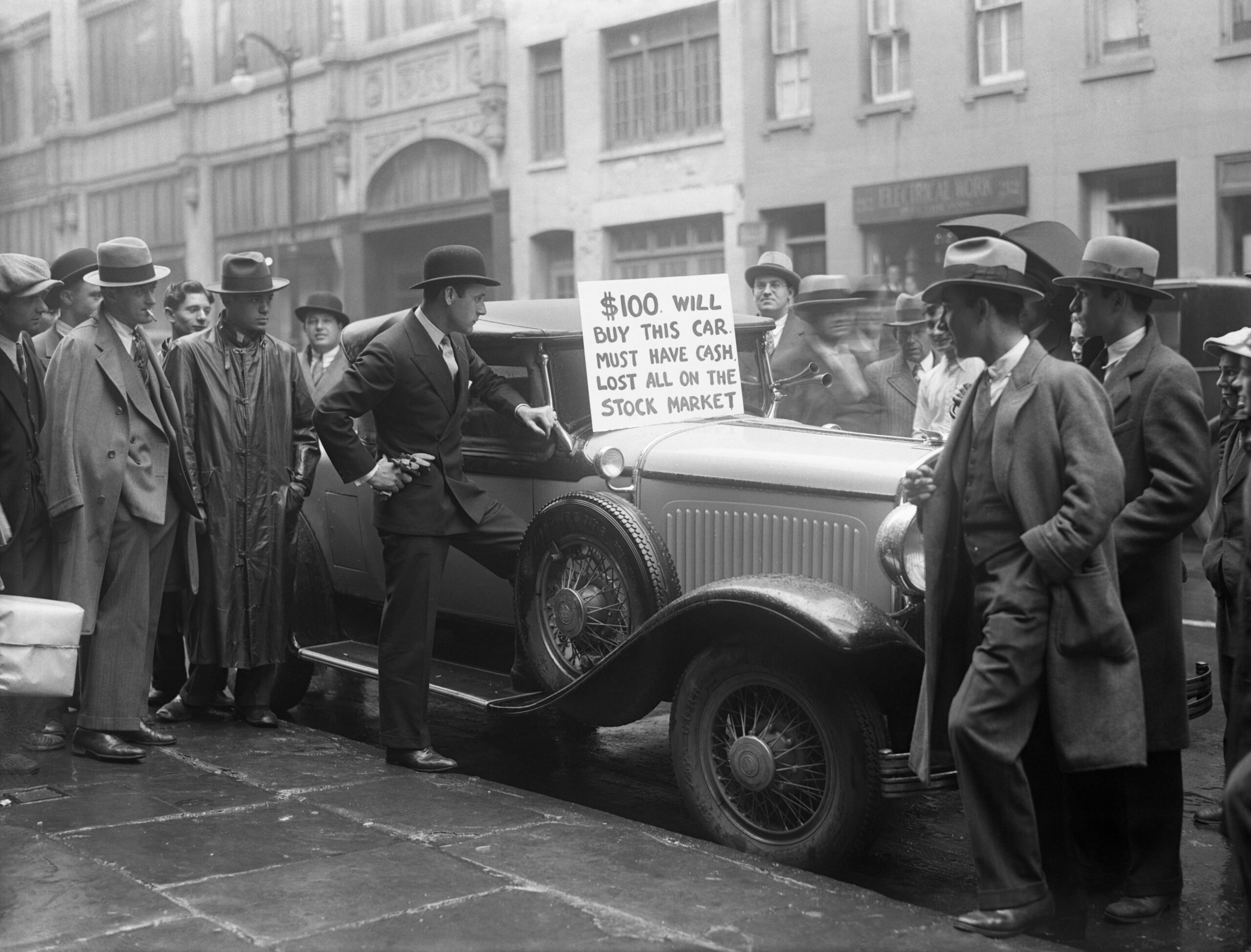
"Four years from now comes the hundredth anniversary of one of the most momentous events in American history: the stock market crash that began on "Black Thursday," October 24, 1929, and was followed, of course, by the Great Depression. Historians and other scribblers will help us to recall those events. As always, they will spin them in keeping with their own mental maps. Yet now there's a new motive force, with its own motives: artificial intelligence (AI)."
"In the bleakest years back then, 1929 to 1933, national income fell by 30-40 percent and unemployment rose to nearly 25 percent; in fact, joblessness lingered above 14 percent until 1941. That extended disaster scarred and changed Americans. During the decade of the 1930s, the country was transformed from celebrating free enterprise and exalting self-reliance to fearing business and embracing paternalism."
"In terms of partisan politics, the change was equally profound. After Herbert Hoover's presidency ended in landslide defeat in 1932, the Republican Party did not win the White House for a full two decades. Indeed, if we consider the 18 presidential elections from the inception of the Republican Party in the mid-19th century through 1928, we see Democrats winning just 28 percent of national ballots. Yet then, beginning with Franklin D. Roosevelt's victory in 1932, the Democrats' win-percentage almost doubled, to 54 percent."
The 1929 stock market crash initiated the Great Depression, causing national income to fall 30-40 percent and unemployment to approach 25 percent, with joblessness staying above 14 percent until 1941. The economic catastrophe altered American attitudes, shifting from celebration of free enterprise and self-reliance toward fear of business and acceptance of paternalistic government. The political balance changed markedly: Democrats surged from about 28 percent of presidential wins to roughly 54 percent beginning with Franklin D. Roosevelt in 1932, and Republicans failed to regain the White House for two decades. The federal government expanded into a permanent, larger peacetime role. Artificial intelligence now stands as a new force shaping how the centennial will be remembered.
#great-depression #1929-stock-market-crash #political-realignment #expansion-of-federal-government #artificial-intelligence
Read at The American Conservative
Unable to calculate read time
Collection
[
|
...
]